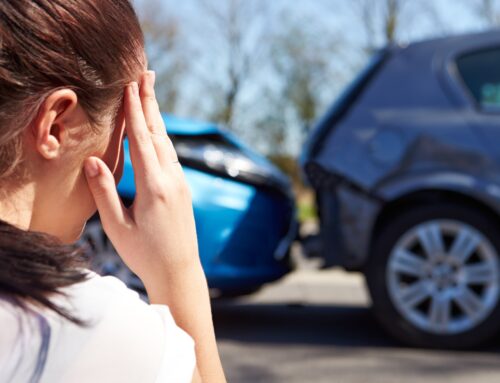In recent years, the surge in technology has dramatically transformed how legal matters are handled, particularly in car accident disputes. One such technological advancement is the dashboard camera, commonly referred to as a dash cam. This small device, mounted on the dashboard or windshield of a car, continuously records the view through the vehicle’s front window while the car is in motion. Attorneys like those at The Andres Lopez Law Firm can attest to the growing importance of dash cam footage in legal scenarios, especially in matters concerning car accidents.
Understanding Dashboard Cameras
Dash cams serve as impartial witnesses that provide real-time, concrete evidence during accidents, which can be invaluable in the aftermath of a collision. This footage not only captures events as they unfold but also timestamps them, making it easier to understand the sequence of events leading up to and following an accident. This can be crucial when determining fault in collisions and other road incidents.
Legal Benefits Of Dash Cam Footage
One of the primary benefits of dash cam footage in legal disputes is its ability to provide clear facts. In the chaotic aftermath of a car accident, recollections can be hazy, and witness accounts can vary significantly. Dash cam recordings offer a non-biased perspective that is not influenced by human emotions or errors. This evidence is often considered highly credible in court and by insurance companies, helping to streamline the claim process.
Moreover, this footage can significantly impact the defense strategies used by the car accident lawyer that is representing accident victims. By reviewing dash cam footage, legal professionals can better assess the actions of each party involved and determine liability more accurately. This is essential for cases where the fault is not immediately apparent, or there are no witnesses present.
Dash Cams And Privacy Concerns
While dash cams are beneficial for legal evidence, they also raise privacy concerns. Recording without consent is one of the ethical and legal dilemmas associated with these devices. However, in many regions, as long as the recording is done in a public place where privacy is not expected, such as on public roads, it is typically permitted. It’s essential for drivers to be aware of local laws regarding recording in public and private spaces to avoid any legal complications.
How Dash Cams Influence Insurance Claims
Insurance companies are increasingly acknowledging the validity of dash cam footage. In many cases, this evidence can expedite the claims process, providing clear-cut proof of the circumstances surrounding an accident. This can prevent fraudulent claims and reduce the likelihood of prolonged disputes, which benefits both the insurer and the insured. For those seeking claims, presenting dash cam footage can be a powerful tool in proving their case and securing a fair settlement.
As technology continues to evolve, its integration into everyday life becomes more pronounced, influencing various sectors, including legal practice. Dash cams, in particular, have proven to be a significant asset in managing legal cases related to car accidents. They not only provide undeniable evidence but also help maintain transparency in legal proceedings. For anyone regularly on the road, investing in a dash cam could be a wise decision, potentially safeguarding against legal headaches in the future.







